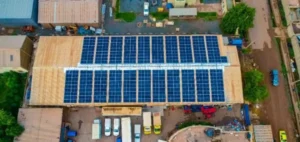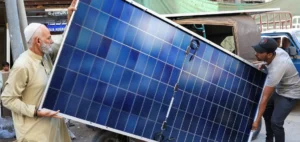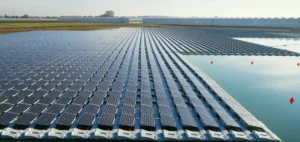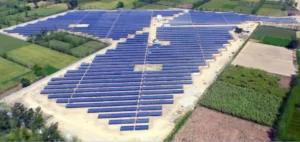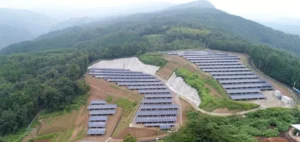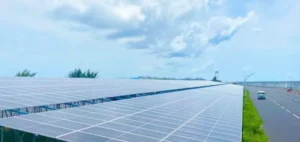Sri Lanka has signed a partnership with the International Solar Alliance (ISA) to accelerate the integration of solar energy into its energy mix. The agreement, which aligns with the goal of reaching 70% renewable energy in electricity generation by 2030, includes a strategic roadmap to strengthen financing, institutional capacities, and solar infrastructure.
Sri Lanka’s Minister of Energy, Kumara Jayakody, emphasized that the ultimate goal is to achieve carbon neutrality by 2050, with the initiative relying heavily on a significant expansion of the country’s solar capacity. The partnership provides a framework to support Small Island Developing States, enabling them to benefit from economies of scale, reduce transaction costs through competitive bidding, and promote knowledge exchange.
ISA, led by Ashish Khanna, expressed its commitment to supporting each member country in designing tailored interventions aligned with national priorities. Khanna highlighted the importance of close cooperation to promote an inclusive and resilient solar energy transition in the Asia-Pacific region.
The partnership framework also includes support for enhancing institutional and technical capacity, enabling Sri Lanka to meet its objectives by 2030. The implementation of the program could also pave the way for additional financing to support solar projects.
This initiative reflects Sri Lanka’s growing commitment to a sustainable energy transition and the large-scale integration of renewable energy sources, with a particular focus on solar energy as a driver of economic and environmental development.
Financing and Institutional Support
Financing is a key element of this partnership. ISA is providing resources to facilitate access to private and public investments in large-scale solar projects. These efforts are expected to help raise significant funds to support the infrastructure projects necessary for the energy transition.
Sri Lankan authorities and ISA are focused on developing solar projects that can supply not only the national market but also stimulate electricity exports to neighbouring countries. This development is also expected to foster job creation and stimulate the local economy.
Long-term Goals for Sri Lanka
The roadmap aims to establish a solid framework for increasing the share of renewable energy in electricity generation, while also supporting the country’s energy resilience in the face of climate challenges. By focusing on competitiveness and process transparency, Sri Lanka aims to attract further foreign investment in the solar energy sector.







